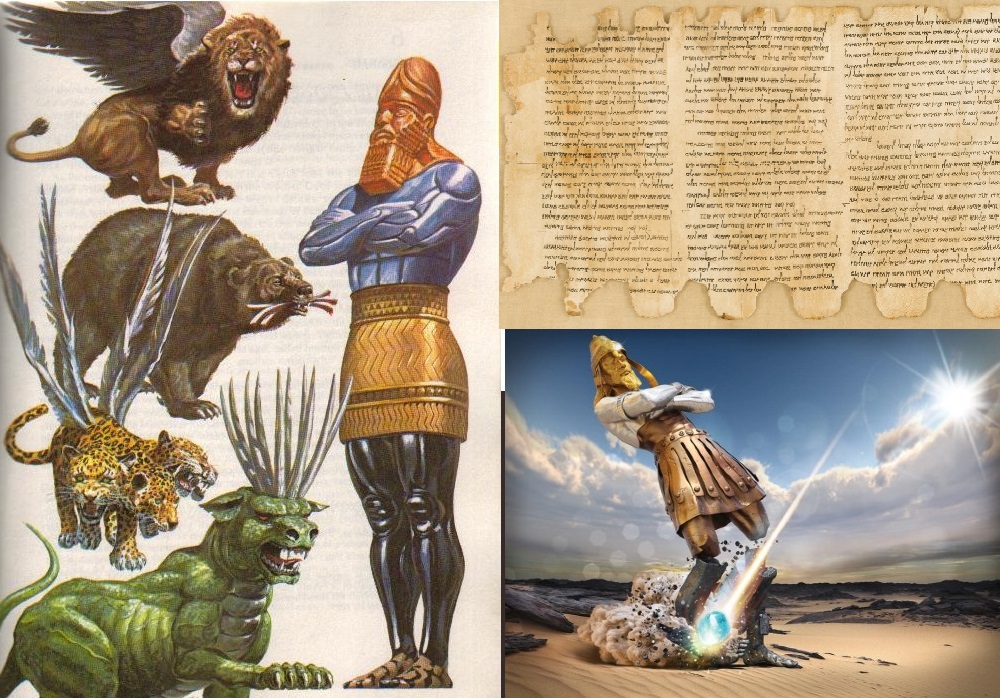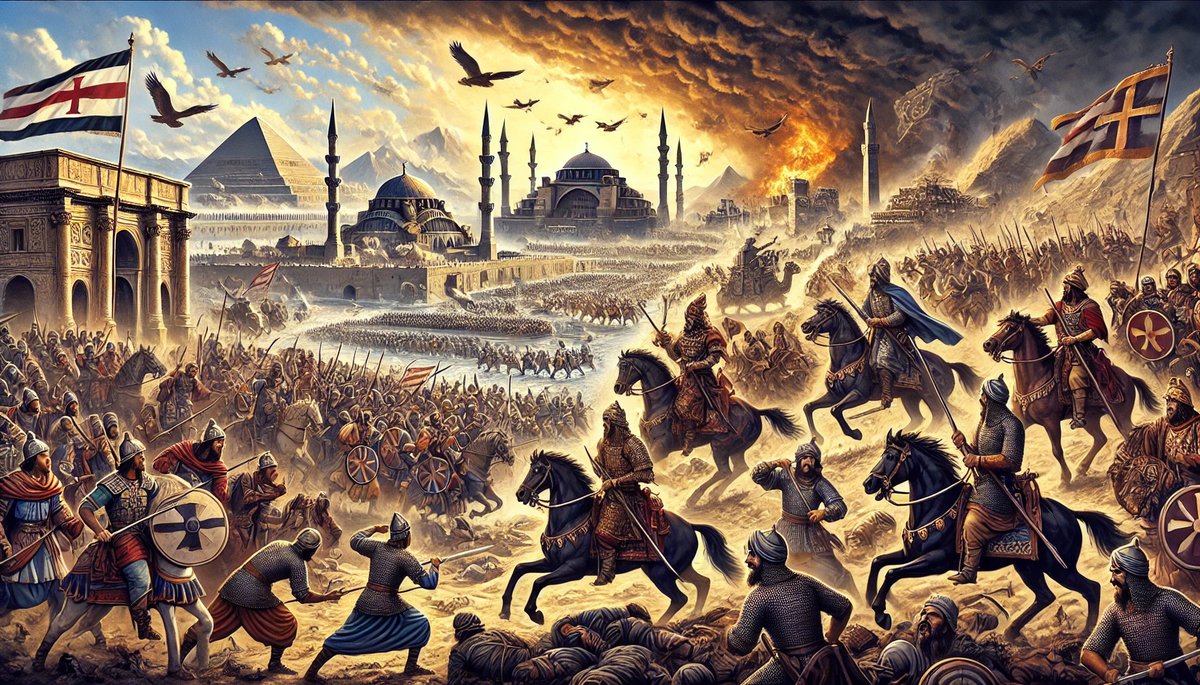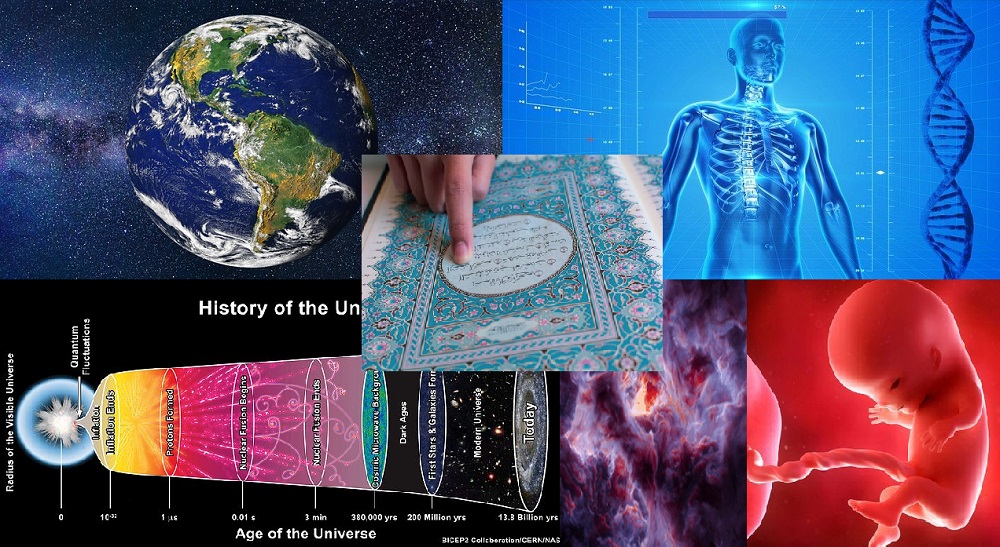How the Quran corrects the Bible: The Historical Miracle of the Quran
Revealed over 1,400 years ago to the Prophet Muhammad ﷺ, The Quran contains detailed narratives of past civilizations and prophecies about the future that have intrigued scholars and believers alike. These elements testify to the Quran’s divine origin, as they include information that could not have been known at the time of its revelation.
Historically, the Quran recounts events and stories of earlier prophets and peoples, aligning with historical facts discovered long after its revelation. This accuracy not only validates its authenticity but also provides moral lessons about divine justice and human conduct.
A Historical Miracle: Accurate Terminology in the Qur’an
When a person fabricates stories, especially in historical contexts, they tend to align their narratives with the widely accepted beliefs of their time. Contradicting these beliefs not only risks immediate rejection but also undermines the credibility of the storyteller. However, a truth-teller, confident in the accuracy of their message, will state facts as they are, regardless of contemporary opinions. The Qur’an provides several historical facts that were contrary to the beliefs of the time and were later validated by history and archaeology. One such fact is the terminology used to refer to Egyptian rulers.
The King and the Pharaoh
The Qur’an differentiates between the titles used for Egyptian rulers during the time of Joseph and Moses. While the Bible refers to the rulers during both periods as “Pharaoh,” the Qur’an uses “King” for the ruler during Joseph’s time and “Pharaoh” for the ruler during Moses’ time.
- During Joseph’s Time: Quran Soura 12 Aya 54 :وَقَالَ الْمَلِكُ ائْتُونِي بِهِ أَسْتَخْلِصْهُ لِنَفْسِي ۖ فَلَمَّا كَلَّمَهُ قَالَ إِنَّكَ الْيَوْمَ لَدَيْنَا مَكِينٌ أَمِينٌAnd the king said, ’ Bring him to me; I will appoint him exclusively for myself.’ And when he spoke to him, he said, ’ Indeed, you are today established [in position] and trusted.’
- During Moses’ Time: Quran Soura 28 Aya 4 :إِنَّ فِرْعَوْنَ عَلَا فِي الْأَرْضِ وَجَعَلَ أَهْلَهَا شِيَعًا يَسْتَضْعِفُ طَائِفَةً مِّنْهُمْ يُذَبِّحُ أَبْنَاءَهُمْ وَيَسْتَحْيِي نِسَاءَهُمْ ۚ إِنَّهُ كَانَ مِنَ الْمُفْسِدِينَIndeed, Pharaoh exalted himself in the land and made its people into factions, oppressing a sector among them, slaughtering their [newborn] sons and keeping their females alive. Indeed, he was of the corrupters.
- The Bible calls the ruler of Egypt during the time of Abraham “Pharaoh”…: ”So Pharaoh summoned Abram. “What have you done to me?” …” Genesis 12:18.
- The ruler of Egypt during the time of Joseph “Pharaoh”…: “Joseph was thirty years old when he entered the service of Pharaoh, king of Egypt…” Genesis 41:46.
- And of course, the ruler of Egypt during the time of Moses “Pharaoh”. : “When Pharaoh heard of this, he tried to kill Moses, but Moses fled from Pharaoh and went to live in Midian…” Exodus 2:15.
The term “Pharaoh” was never used to refer to the ruler of Egypt during the time of Abraham and Joseph. The earliest instance of “Pharaoh” being used to denote the ruler of Egypt dates back to the New Kingdom Period. Both Abraham and Joseph lived before the New Kingdom Period :
Pharaoh, (from Egyptian per ʿaa, “great house”), originally, the royal palace in ancient Egypt. The word came to be used metonymically for the Egyptian king under the New Kingdom (starting in the 18th dynasty, c. 1539–c. 1292 BCE), and by the 22nd dynasty (c. 943–c. 746 BCE) it had been adopted as an epithet of respect.
Encyclopædia Britannica pharao
However, regardless of gender, “king” was the term used most frequently by the ancient Egyptians for their monarchs through the middle of the Eighteenth Dynasty during the New Kingdom. The earliest confirmed instances of “pharaoh” used contemporaneously for a ruler were a letter to Akhenaten (reigned c. 1353–1336 BCE) or an inscription possibly referring to Thutmose III (c. 1479–1425 BCE).
Wikipedia Pharao
Maurice Bucaille, in his book “Réflexions sur le Coran,” concluded that the Qur’anic distinction between the two titles is inexplicable by human means considering the knowledge available in the 7th century:
“I cannot find a human explanation for the fact that the Qur’an, in the seventh century, made clear the difference between the two denominations.”
Maurice Bucaille (Pr. M Talbi), Réflexions sur le Coran, éd. Seghers p.205
The accurate differentiation between the terms “King” and “Pharaoh” in the Qur’an is a historical miracle, showcasing the divine knowledge contained within the text. Despite the prevailing beliefs of the time, the Qur’an’s descriptions have been validated by later archaeological discoveries, further affirming its authenticity and divine origin. This precise historical accuracy, especially coming from an illiterate man in the 7th century, underscores the miraculous nature of the Qur’an.
Pharao Pretended to be a God




